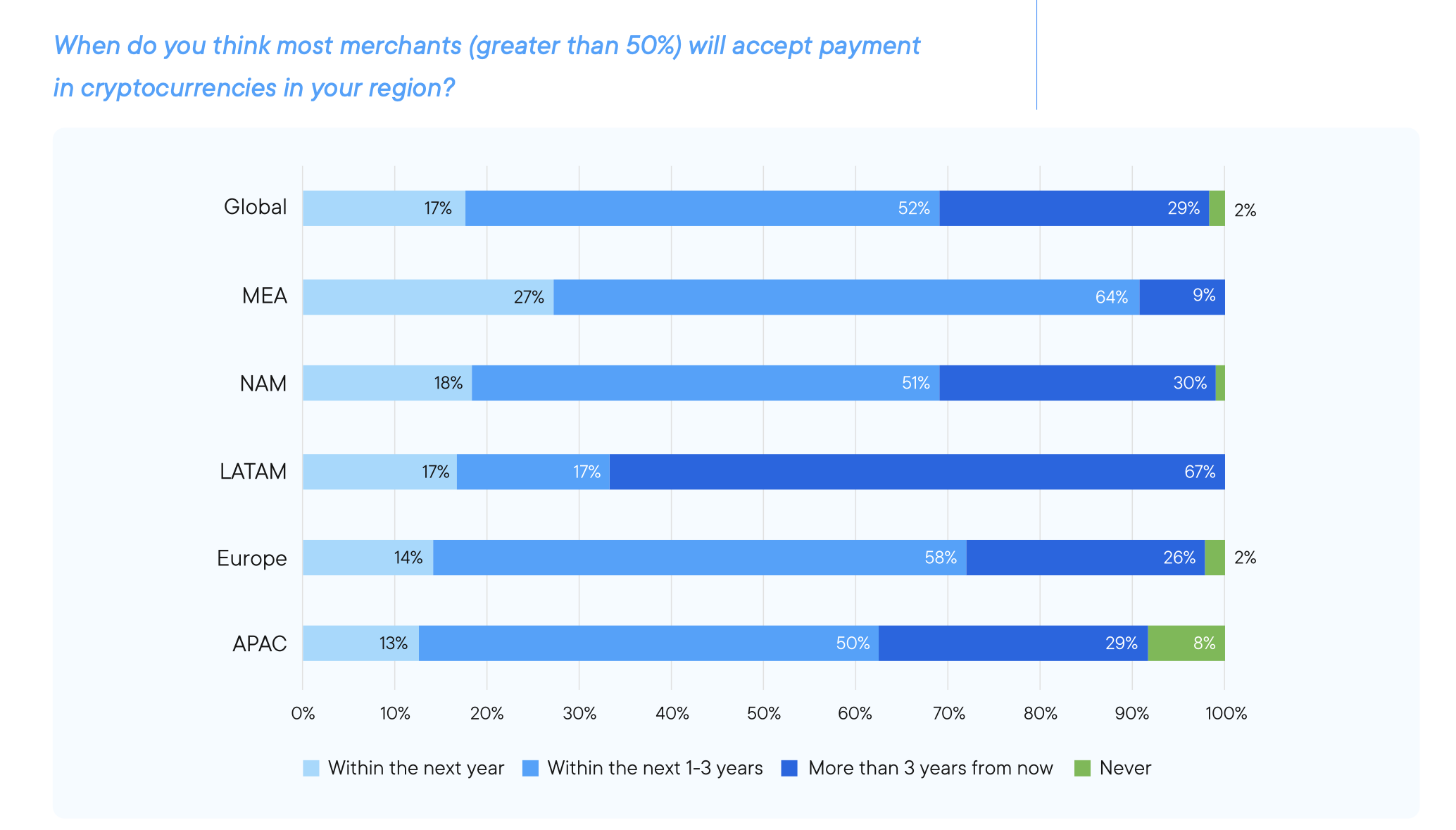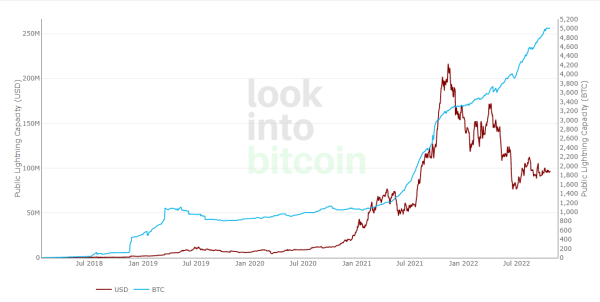
Blockchain could save financial institutions $10B by 2030: Ripple
Blockchain has the potential to save financial institutions approximately $10 billion in cross-border payment costs by the year 2030, according to a recent report.
Published by digital payments network Ripple, in collaboration with the United States Faster Payments Council (FPC) on July 29, the report surveyed 300 finance professionals across 45 countries from various sectors such as fintech, banking, media, consumer technology and retail.
Results show that global payments leaders are dissatisfied with legacy rails for cross-border payments.
— Ripple (@Ripple) July 28, 2023
Learn why 97% believe #blockchain and #crypto will transform the way money moves in our latest whitepaper with @Faster_Payments. https://t.co/qacuAAzZrR pic.twitter.com/ForjM05Wbb
Among the surveyed participants — from analysts to directors and CEOs — 97% firmly believe that blockchain technology will play a crucial role in facilitating faster payment systems within the next three years.
Furthermore, over half of the participants agreed that the most significant benefit of cryptocurrency is its potential to cut costs.
“In the survey, over 50% of respondents believe that lower payment costs — both domestically and internationally — is crypto’s primary benefit,” the report notes.
According to the report, fintech analysis company Juniper Research predicts that the use of blockchain in global transactions will result in substantial cost savings for banks over the next six years.
“Juniper Research supports this notion, pointing to blockchain’s potential to significantly increase savings for financial institutions conducting cross-border transactions — an estimated $10 billion by 2030.”
As the e-commerce landscape expands and businesses prioritize international markets, cross-border payments are only expected to grow over the coming years. The report highlighted a significant anticipated increase in international payment transactions by 2030.
“Global cross-border payment flows are expected to reach $156 trillion — driven by a 5% compound annual growth rate,” the report noted.
However, there was a split in opinions among the participants over when a majority of merchants would embrace digital currency payments.
While 50% of those surveyed were confident that most merchants would adopt crypto payments within the next three years, there were varied confidence levels about whether it would happen within the next year.

Participants from the Middle East and African regions showed the highest level of confidence, with 27% believing that most merchants would accept crypto as a payment method within the next year.
Meanwhile, leaders in the Asia-Pacific region were the least confident, with only 13% projecting the same timeframe. However, across all 300 surveyed participants worldwide, 17% expressed their belief that such adoption could happen within the next year.
This comes after research from the Bank of International Settlements (BIS) revealed up to 24 central bank digital currencies (CBDC) could be circulating within the next six years.
In a report published by BIS on July 10, which surveyed 86 central banks from October to December 2022, it revealed that 93% of central banks are researching CBDCs, and that there could be up to 15 retail and nine wholesale CBDCs in circulation by 2030.



